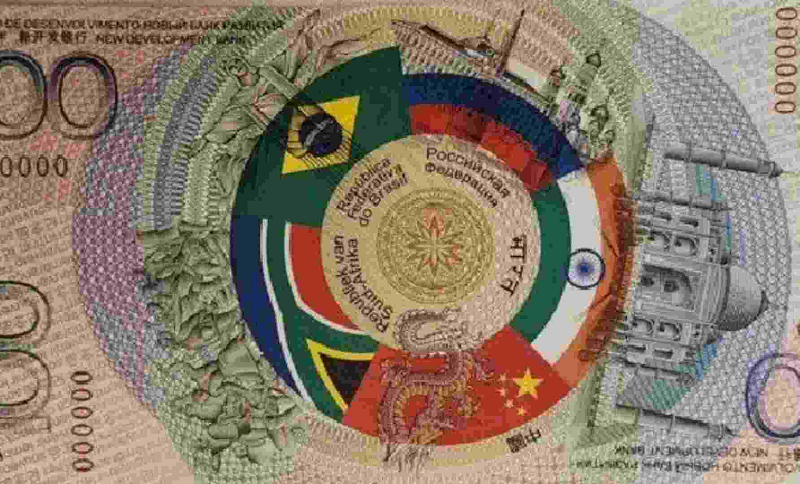
At the 16th BRICS summit in Kazan, Russia, leaders of Brazil, Russia, India, China, and South Africa agreed to promote trade in local currencies, challenging the dominance of the U.S. dollar in global finance. Russian President Vladimir Putin advocated for a new payment system, criticizing the U.S. for using the dollar as a “political weapon.” However, internal disagreements and limited progress clouded the initiative.
While the summit emphasized cooperation, Brazil and India expressed concerns about BRICS evolving into an anti-Western alliance aligned with Russian and Chinese interests. Brazil’s President Luiz Inácio Lula da Silva stressed that the bloc must prioritize addressing economic challenges, saying, “The most vulnerable need food, jobs, and quality public services, not ideological divides.”
Putin highlighted that Russia-China trade has largely shifted to rubles and yuan, signaling success in de-dollarization efforts. However, analysts remain skeptical about BRICS’ ability to significantly undermine the U.S. dollar, which accounts for over 80% of global trade transactions and 60% of central bank reserves.
The summit also tackled geopolitical tensions. Ukrainian President Volodymyr Zelenskyy dismissed a peace proposal from Brazil and China as inadequate, accusing it of giving Russia leeway to continue its invasion. Indian Prime Minister Narendra Modi called for diplomacy to resolve conflicts, while Chinese President Xi Jinping discussed the Ukraine war privately with Putin. Russia reaffirmed it would not return the annexed Ukrainian regions it now claims as part of its territory.
The summit revealed divisions over expansion. BRICS announced the admission of 11 new members, including Nigeria, Saudi Arabia, and Turkey. Brazil, supported by India, vetoed Venezuela’s entry to prevent the bloc from becoming overtly anti-Western. Turkey’s participation raised eyebrows, given its NATO membership and alignment with Western powers.
UN Secretary-General António Guterres also attended the summit, drawing criticism from Ukraine for engaging with Russia. Guterres’s office clarified that the UN’s diplomatic engagement remains consistent with its mission, and it reaffirmed opposition to Russia’s invasion.
Despite challenges, BRICS leaders reaffirmed their commitment to building financial alternatives. They agreed to strengthen the New Development Bank, expanding its role as a multilateral development institution, and pledged to explore the feasibility of new cross-border settlement systems to reduce dependence on Western-controlled infrastructure like SWIFT.
The summit highlighted BRICS’ growing global influence but also underscored the difficulties of balancing financial ambitions with political divisions.

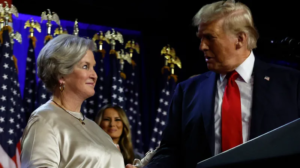
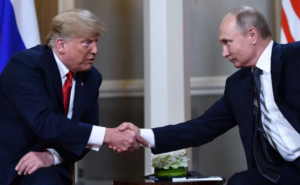
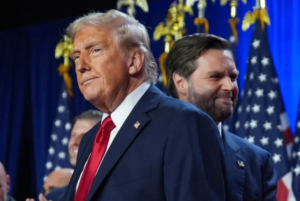

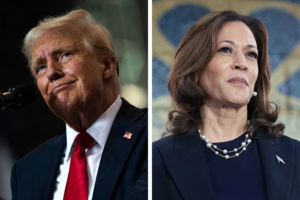
Be First to Comment